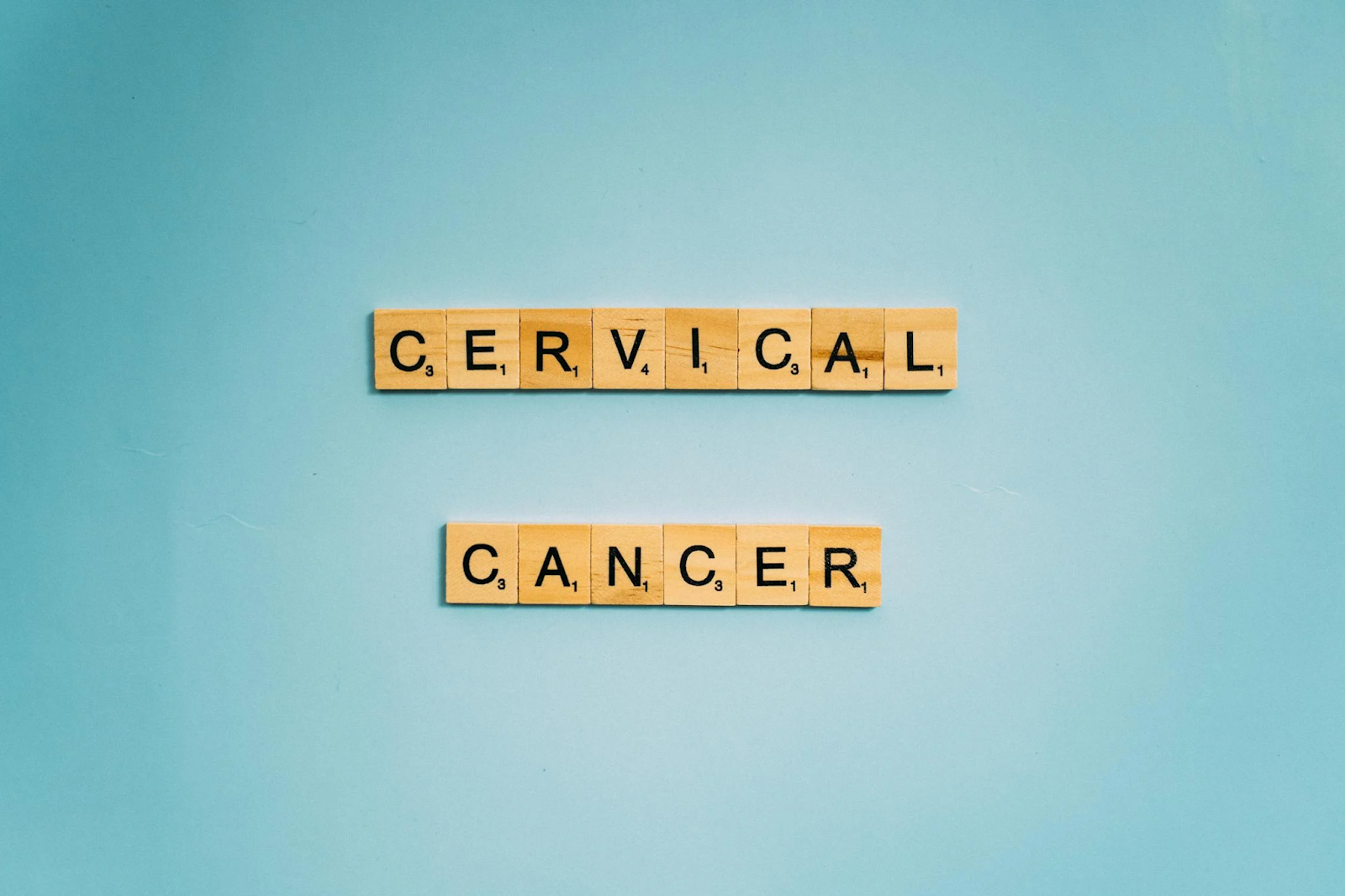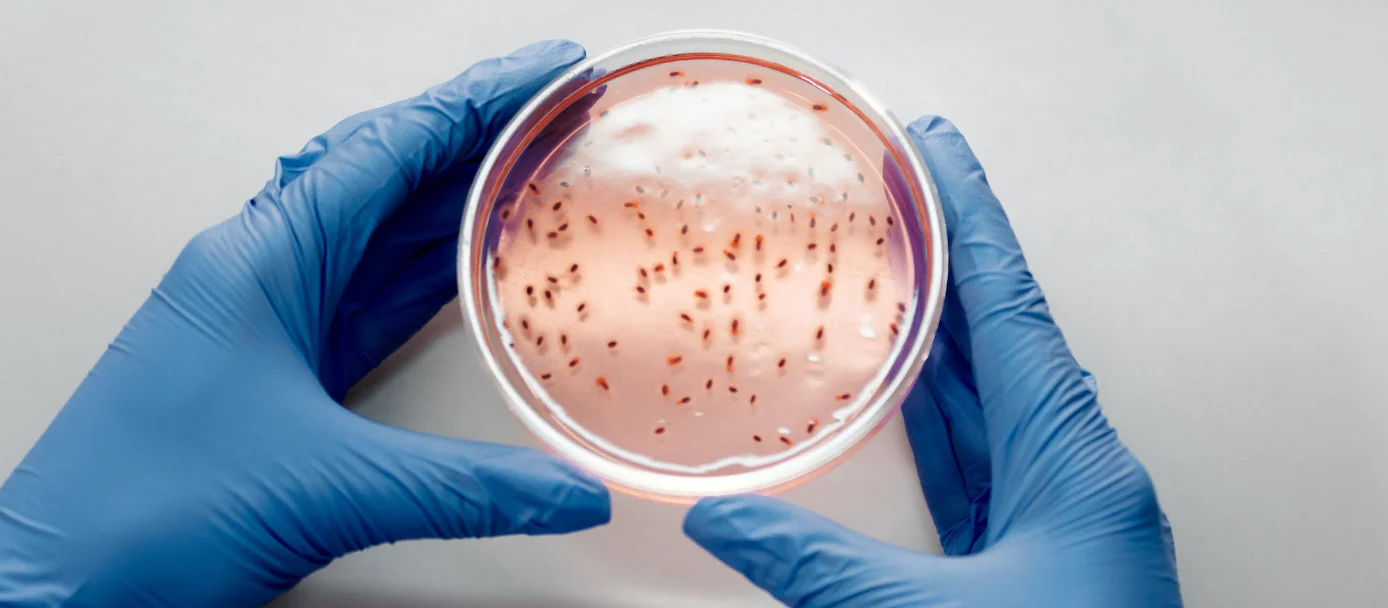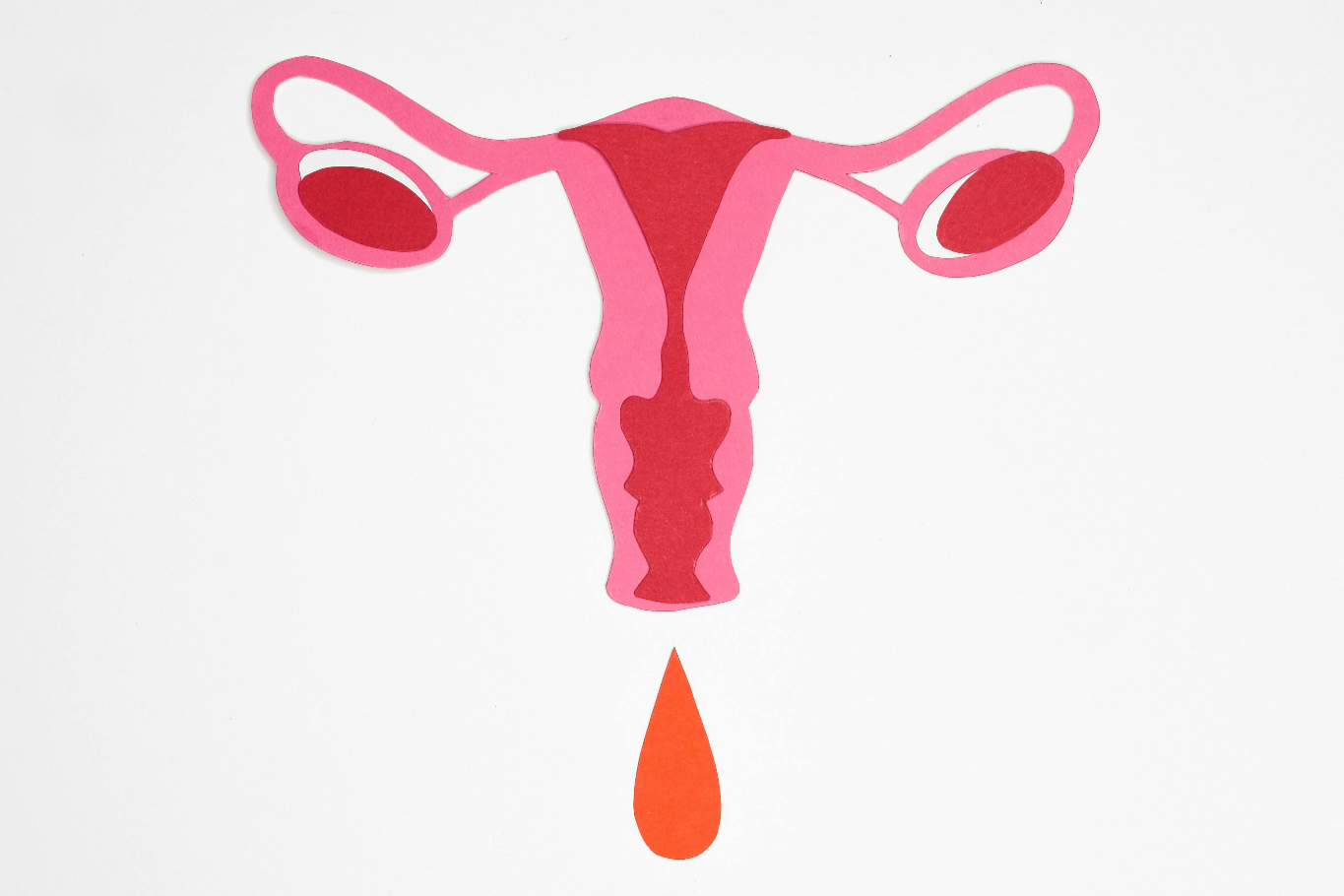

Did you know…cervical cancer is one of the most preventable cancers. Yet it remains the fourth most common cancer among women globally.
It almost always develops from persistent infection with high-risk strains of the human papillomavirus (HPV), which causes abnormal cell changes in the cervix, called cervical abnormality detection. If untreated, these changes can progress to cancer.
Early stages of cervical cancer often show no symptoms. As it advances, symptoms may include abnormal vaginal bleeding, pelvic pain, or discomfort during sex. This makes why cervical cancer screenings are important even more crucial for early detection.
So let's learn about exactly what causes cervical cancer, the early symptoms and how we can prevent it.
Please note, this article does not offer any medical advice. If you are facing any cervical irregularities please consult a healthcare professional.
What causes cervical cancer?
Nearly all cases stem from persistent HPV infections, particularly types 16 and 18. Most HPV infections clear on their own, but when high-risk strains linger, they can lead to cervical dysplasia, and eventually, cancer.
Risk factors like a weakened immune system, smoking, and unprotected intercourse with multiple sexual partners can increase the likelihood of developing cervical cancer.
What is HPV?
Human papillomavirus or HPV is a very common sexually transmitted infection. There are over 100 types of HPV.
Most are harmless and clear on their own but some high-risk types like HPV 16 and 18 can lead to cervical cancer.
The virus spreads through intimate skin-to-skin contact. Since HPV often has no symptoms many people may not even realize they have it.
To learn more read this blog on everything you need to know about HPV.
What are the early-stage symptoms of HPV?
Most HPV infections do not cause any symptoms and clear on their own. Some types of HPV can cause genital warts.
High-risk types can cause abnormal cell changes in the cervix which may eventually lead to cervical cancer if left untreated. A
s HPV often has no symptoms, regular screenings are essential for early detection.


How can you prevent cervical cancer?
The great news is that there are many ways we can prevent the early onset of cervical cancer.
1. HPV vaccination - The HPV vaccine is highly effective in preventing infections from the strains that cause cervical cancer. It is recommended for:
i. Children and teens (ages 9-14) for the strongest immune response
ii. Teens and adults (up to age 26) who missed earlier vaccination
iii. Adults (ages 27-45) after discussing with a healthcare provider
2. Regular screening benefits - A timely detection and diagnosis of a HPV infection means early treatment, dramatically reducing the risk of cervical cancer.
Routine pap smears and HPV tests are crucial for early detection, identifying abnormal cells before they turn into cancer.
Different types of screenings are:
i. A pap-smear checks cervical cells for abnormalities. It is recommended every 3 years for women ages 21-29 and every 3-5 years for women 30-65.
ii. A HPV test identifies high-risk HPV strains. This test can be done alone or combined with a Pap smear (co-testing) every 5 years for women 30-65.
iii. Co-testing is a more comprehensive option that combines the pap-smear and HPV test for cancer risk reduction.
3. Practice safe sexual health - Using condoms and regular STI checks help reduce the chances of contracting HPV.


4. Quit smoking - Smoking weakens the immune system, making it harder to clear HPV infections. Women who smoke face a higher risk of developing cervical cancer.
5. Treat abnormal cells early - If screenings detect cervical dysplasia, procedures like cryotherapy or LEEP (loop electrosurgical excision procedure) can remove the abnormal cells before they become cancerous.
By prioritizing women’s reproductive wellness and preventative healthcare screenings, we can move closer to cancer risk reduction and ensure more women have access to life-saving care.


Who should get screened?
It is important to get screenings done regularly to increase your chances of early cervical abnormality detection.
- Ages 21-29: Pap smear every 3 years
2. Ages 30-65: Pap smear every 3 years, HPV test every 5 years, or co-testing every 5 years.
3. Over 65: Screenings may stop after several normal test results.
4. High-risk individuals: Those with weakened immune systems, a history of HPV infections or cervical abnormalities may need more frequent preventative healthcare screenings as advised by a healthcare provider.
If your screenings reveal irregularities, follow-up testing and treatment are essential. Some abnormalities clear on their own, but others may require minor procedures to prevent progression.


What can you do today?
- Get vaccinated. It is key for HPV-related cancer prevention.
2. Stay up to date with screenings.
3. Prioritize routine gynecological exams and women's health checkups.
4. Learn and share knowledge about cervical health awareness.
5. Advocate for better access to healthcare.
6. Reduce risk factors like smoking and unsafe sexual practices.
7. Support initiatives promoting women's reproductive wellness and gynecological cancer awareness.
8. Speak up to reduce stigma around HPV and cervical cancer.
Cervical cancer is preventable. Together, we can make it a thing of the past.
Want to stay up to date?
Follow us on Instagram
More Posts
View all-

Can you use a menstrual cup during menopause?
Menopause can bring unpredictable changes — from irregular periods to vaginal dryness and hot flashes. But period care during menopause doesn’t have to be complicated. In this blog, we explore...
Can you use a menstrual cup during menopause?
Menopause can bring unpredictable changes — from irregular periods to vaginal dryness and hot flashes. But period care during menopause doesn’t have to be complicated. In this blog, we explore...
-

Finding my flow with the Asan cup: 24-year-old Anupama's experience
Curious about switching to a menstrual cup? Here's Anupama’s honest, first-time experience using the Asan cup—what worked, what didn’t, and why she’s never going back.
Finding my flow with the Asan cup: 24-year-old Anupama's experience
Curious about switching to a menstrual cup? Here's Anupama’s honest, first-time experience using the Asan cup—what worked, what didn’t, and why she’s never going back.
-

Top 10 fast fixes for bad period cramps
Struggling with cramps? Discover 10 natural remedies, from heat therapy to herbal teas and menstrual cups, for fast relief at home.
Top 10 fast fixes for bad period cramps
Struggling with cramps? Discover 10 natural remedies, from heat therapy to herbal teas and menstrual cups, for fast relief at home.
-

How can we prevent cervical cancer?
Cervical cancer is one of the most preventable cancers, yet it remains the fourth most common among women globally. Learn about its causes, symptoms, and how regular screenings and the...
How can we prevent cervical cancer?
Cervical cancer is one of the most preventable cancers, yet it remains the fourth most common among women globally. Learn about its causes, symptoms, and how regular screenings and the...




